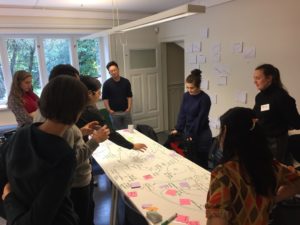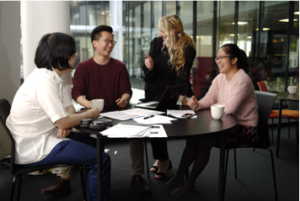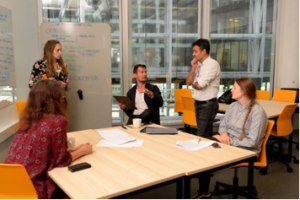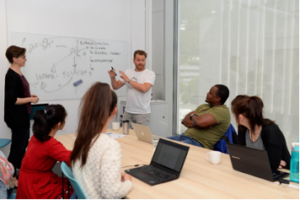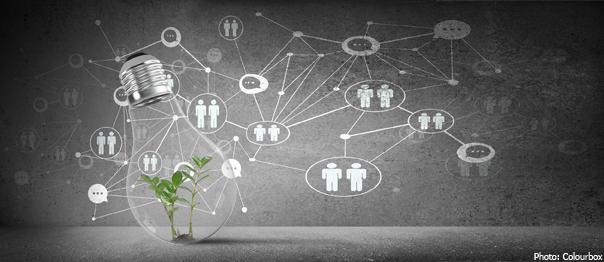For the pilot course, we collaborated with the United Nations Environment Program (UNEP) and more specifically, with the Wildlife Management Unit, Ecosystems Division in Nairobi, Kenya. The Wildlife Management Unit is in charge of developing a global project in the frame of the Sustainable Development Goals, the Landscapes, Wildlife & People (LWP) Project. Through LWP project, UN Environment aims to address the ongoing deterioration and transformation of natural landscapes around the world. Understanding the systemic landscape degradation change processes is critical to addressing landscape transformation drivers at multiple spatial and societal scales. The environmental impact that the LWP Project will work towards is “Landscapes of importance for wildlife conservation and human livelihoods are being conserved and sustainably utilized” while the development impact is “Human development drivers and incentives increasingly favor wildlife-compatible land-use and development choices”.
The specific task for the PhD candidates was to develop an idea, an innovation, or a tool (summarized in the form of a brief project proposal) to influence the design and implementation of the Landscapes, Wildlife and People project.
A representative from UNEP presented PhD candidates with the challenge and also took part in the Learning Festival on the last day of the course. The teams pitched their proposed ideas/innovations/tools, contributing to development of the LWP project design.
Julian Blanc, head of the Wildlife Management Unit at UNEP headquarters in Nairobi, Kenya, summarized his experience with the organization and the outcomes of the course as follows:
“It was impressive to see how fast the PhD candidates managed to distill the main interlinkages and mechanisms underlying the complexity of the Landscapes, Wildlife and People project. Their project proposals were mindful of this overall complexity but at the same time innovative and feasible. The proposals clearly cut across policy sectors and provide the much-needed integrated perspective for work related to the Sustainable Development Goals. The project proposals will be of great use in the further development of the LWP project.”
